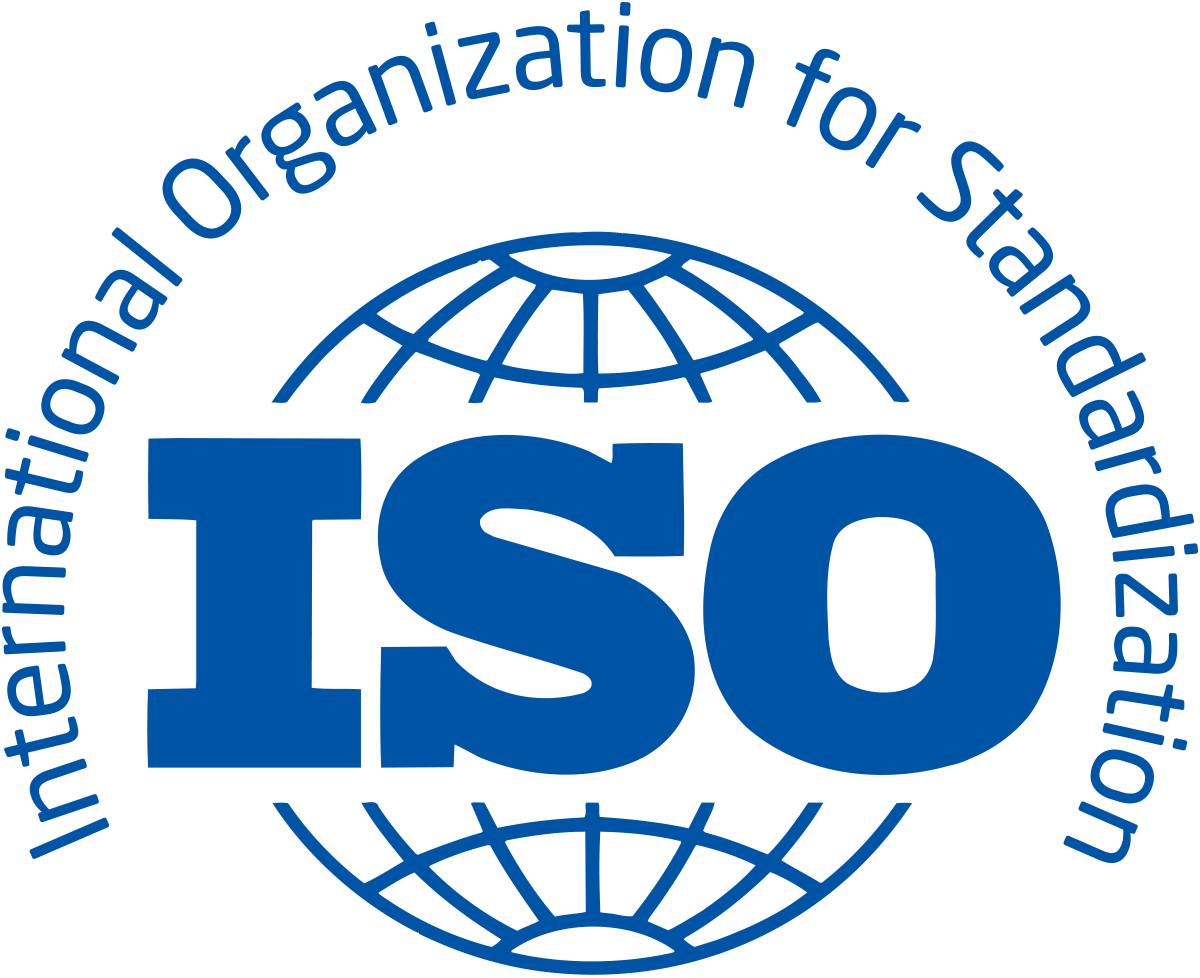ISO

ISO stands for the International Organization for Standardization. It is an independent, non-governmental international organization that develops and publishes voluntary international standards for various industries, products, services, and systems. ISO standards aim to ensure quality, safety, efficiency, and interoperability across different sectors and facilitate international trade and collaboration.
Here are some key points about ISO:
Purpose: The primary purpose of ISO is to develop consensus-based international standards that meet the needs of businesses, governments, and society. These standards provide guidelines, specifications, and best practices for organizations to improve quality, safety, efficiency, and environmental sustainability.
Scope: ISO develops standards for a wide range of areas, including quality management, environmental management, information security, food safety, energy management, occupational health and safety, and many others. These standards are developed by technical committees comprising experts from relevant industries and stakeholders worldwide.
Voluntary Adoption: ISO standards are voluntary and not legally binding. Organizations can choose to adopt ISO standards to benefit from best practices, demonstrate compliance with industry norms, and enhance credibility and competitiveness. However, in some cases, compliance with ISO standards may be required by regulatory authorities, customers, or contractual agreements.
Standardization Process: The process of developing ISO standards involves several stages, including proposal, preparation, committee draft, draft international standard, final draft international standard, and publication. Throughout this process, stakeholders have the opportunity to provide input, review drafts, and participate in consensus-based decision-making.
International Collaboration: ISO collaborates with national standards bodies from over 160 countries, known as ISO member bodies, to develop and promote international standards. Each member body represents its country's interests and contributes to the development and adoption of ISO standards.
Benefits: Adoption of ISO standards offers various benefits to organizations, including improved product and service quality, enhanced customer satisfaction, increased efficiency and productivity, better risk management, access to new markets, and greater environmental sustainability.
Overall, ISO plays a crucial role in facilitating global standardization and harmonization, promoting innovation and best practices, and supporting sustainable development and international trade. Its standards serve as valuable tools for organizations to achieve excellence, meet regulatory requirements, and address societal challenges.
Thank you,